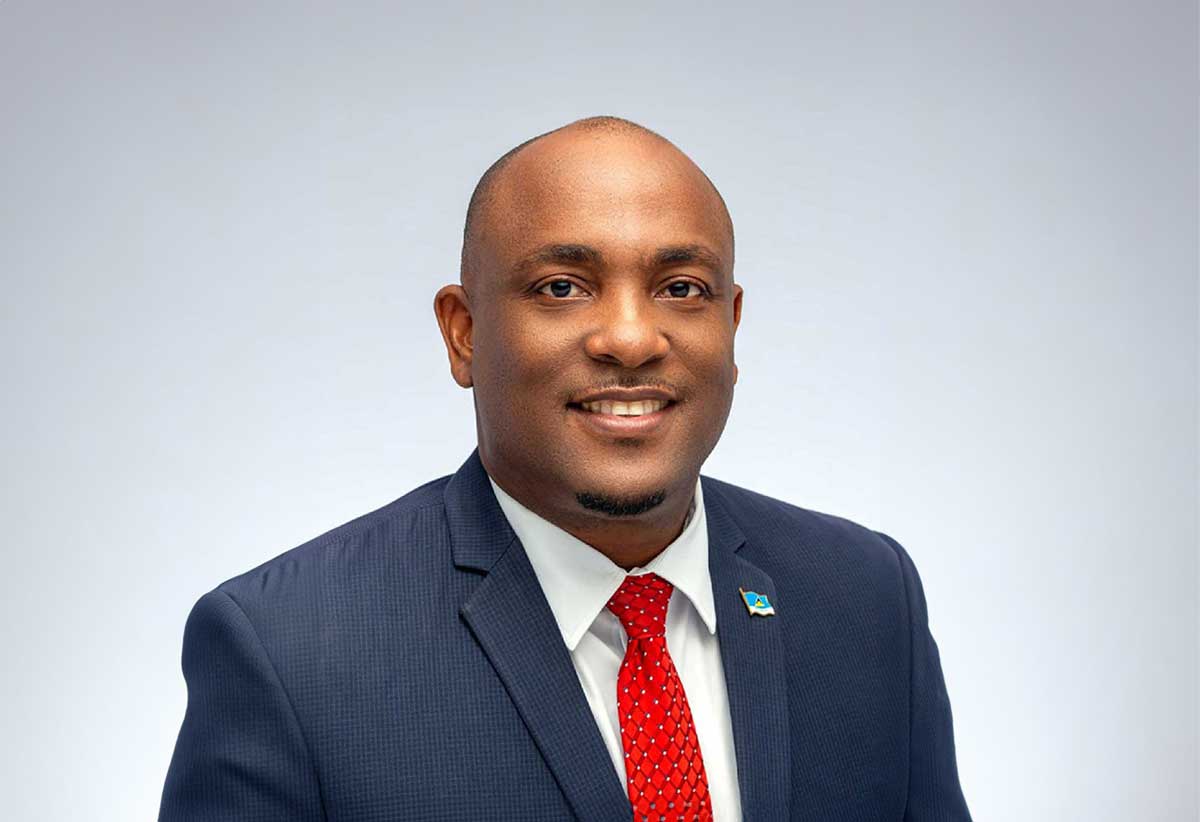
THE Ministry for Education, Sustainable Development, Innovation, Science, Technology, and Vocational Training, led by Minister Shawn Edward, is launching significant initiatives to advance the education sector. Minister Edward emphasizes that the ministry’s strategies are intentional and designed to ensure substantial change, productivity, and progress in the upcoming academic year.
The start of a new academic year is a pivotal moment for students, teachers, and education personnel. Minister Edward highlights this transition as an extraordinary opportunity for students to engage with their peers.
The government places the highest importance on education, viewing it as the cornerstone of a thriving society. Consequently, funding for critical areas within the education department has been increased to drive innovation and support the transformative agenda. “Our government places a premium on education and we remain steadfast in our belief that education is the cornerstone of every thriving society,” Shawn Edwards declared.
Key initiatives outlined by Minister Edward include the formal introduction of the Creole language into the school curriculum and the expansion of the Mandarin Language programme to additional schools. Additionally, the government is committed to integrating technology into the teaching and learning process by providing Chromebook laptops to students and rolling out locally developed digital content in ten subject areas by January 2025.
Minister Edward underscores the importance of Technical, Vocational, and Educational Training (TVET) in educational reform. Four new TVET schools with industry-standard curricula and facilities have been established to meet global market demands and contribute to a more skilled workforce. The minister notes that traditional settings of benches and desks have been replaced by modern barbershops, state of the art kitchens, and construction workshops, ensuring that graduates from these schools “will be ready for immediate immersion into the workforce.”
The schools included in the TVET program are: the former Stanley Jon Odlum Memorial Secondary School, now the Stanley Jon Odlum School of Arts, Media, and Design; the former Grande Riviere Secondary School, now the School of Sustainable Agriculture and Culinary Arts; the Anse Ger Secondary School, now the School of Innovation and Technology; and the Piaye Secondary School, now the School of Construction and Heritage.
School security remains a priority, with the government investing an additional $1 million to enhance safety measures based on last year’s security audit. These measures include installing perimeter lighting, increasing security personnel, fencing, and upgrading camera and alarm systems.
The government has also provided over 1,000 bursaries and scholarships for higher education, focusing on ensuring one university graduate per household. At the secondary school level, every Form I student will receive a $500 bursary, a brand-new laptop computer, a fully paid facilities fee, and other forms of support. This demonstrates the government’s unwavering commitment to the progress of education in the country. Students in Forms II, III, IV, and V have also been provided with devices.
Additionally, teacher training will be added to support this initiative and ensure effective delivery. “We urge parents and teachers to make full use of the digital resources provided,” Edward said. Over the last three years, the government has facilitated over 1,000 bursaries and scholarships for higher education. “This is in keeping with our goal of having one university graduate per household,” he added.
The Sir Arthur Lewis Community College (SALCC) and the National Skills Development Centre (NSDC) will benefit from a $15 million injection to address skills strategies and enhance the employability of citizens, with an increased focus on the youth.
Furthermore, for the new academic year, the department will reinstate Principal Assistants. Initially, financing has been approved for 21 Principal Assistants, upgrading the status of curricula officers who function as secretaries to primary school principals. “This will enable better supervision and more effective school management,” Edward noted.
Minister Edward also highlighted the government’s commitment to improving school infrastructure. As a result, 16 schools are undergoing significant infrastructural upgrades, repairs, and rehabilitation works through a $16 million injection to complement the ongoing School Rehabilitation Programme across the island.













